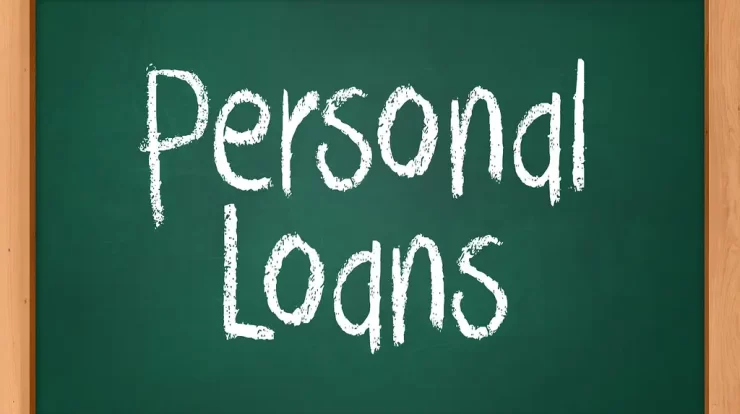
Even though college students have many options for electives and majors, few of them teach them how to manage their money well. But you need to learn how to handle money while you’re still in school because you’ll need them when you start working.
Table of Contents
1. Create a budget
One of the most important parts of personal finance is how much you spend compared to how much you make. But you won’t be able to follow that rule if you don’t keep track of your income and expenses.
This is why it helps to have a budget. You can get a fair understanding of your cash flow if you keep track of your monthly income and expenses.
Anna Keisler, who is a licenced financial counsellor, says that making a budget is a great way to start the year off right. Whether you use a spreadsheet or an app, make a budget and stick to it.
Use a spreadsheet or software made for tracking expenses to keep track of what you spend. If you know how to use a budget to your advantage, you won’t have to let money control your life. And while at it, visit online slots usa.
2. Find ways to earn extra spending money
Even if you have a busy schedule with school and extracurricular activities, it might be worth it to find time to make some extra money. If you think you qualify, you should apply for a work-study job on or off campus. If you can’t do work-study, you should look for a part-time job that pays well and lets college students work.
You can make more money by taking on a less common side job that could pay well.
CEO of MoneyTips Marc Diana told people to “start a side business.” “The more experience you can get before you graduate, the easier it will be to find a full-time job after you graduate, and the more money you’ll have in the bank.”
You could drive for a ride-sharing company, sell things you made yourself on Etsy, or offer your services as a freelancer on Fiverr, Upwork, or a similar site. Think about what you’re good at and what you’re interested in, and then think about how you could use those things to make extra money.
3. ‘Pay yourself first’ and build an emergency fund
Many college students buy things they don’t need because their friends tell them to. But if you haven’t started saving yet, don’t buy things you don’t need.
A certified financial planner named Devone McLeod says that students should make it a habit to pay themselves first. Save money first before you pay for other things. If you want to save more money, saving money should be your top priority, not something you think about when you have time.
If you save money every month, you’ll have a safety net to fall back on if you have to pay for something you didn’t expect. Putting money away in a separate account is the best way to be financially ready for the unexpected.
A savings account for “rainy days” is like an insurance policy: you hope you never have to use it, but it’s good to know it’s there just in case.
4. Don’t waste student loan money on nonessential
It’s not a good idea to get more student loans than you need, but they can help you pay for things. Some students make a very expensive mistake when they waste their loan money on things like clothes or entertainment.
When your first loan payment is due after you graduate, you may regret spending money from your student loans on things you didn’t need. If you have to pay more each month, your loan balance will go up and you’ll have to pay more in interest. And best online casino for real money is essential.
Be careful about how much debt you get while you’re in college, and don’t use student loans to pay for things like concerts and trips. If you take out more money in student loans than you need, you should pay some or all of it back to avoid having to pay interest.






